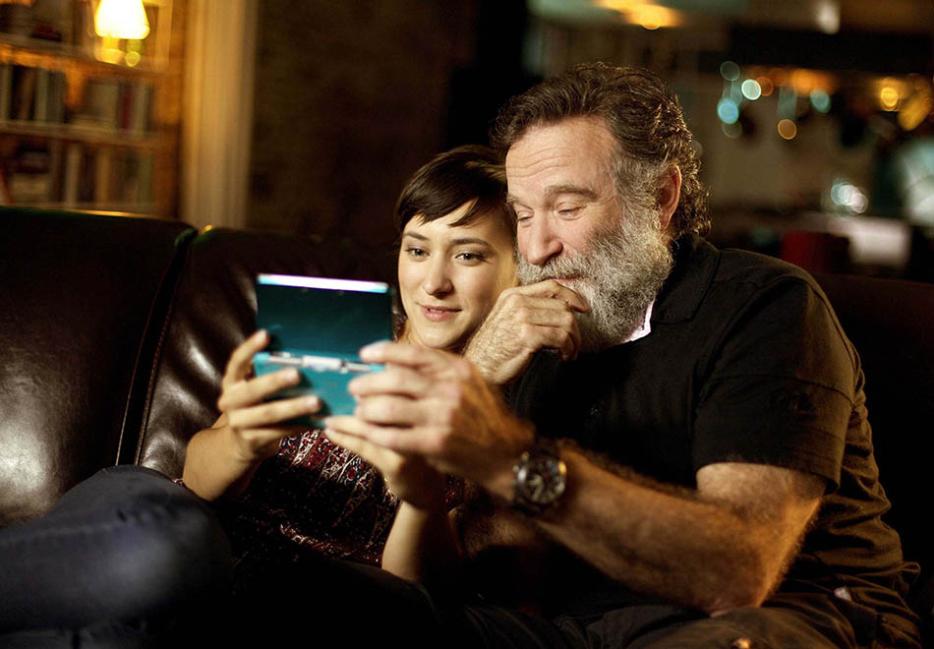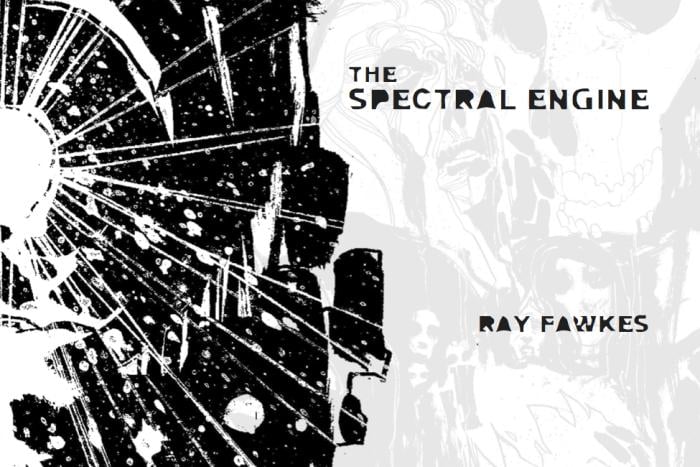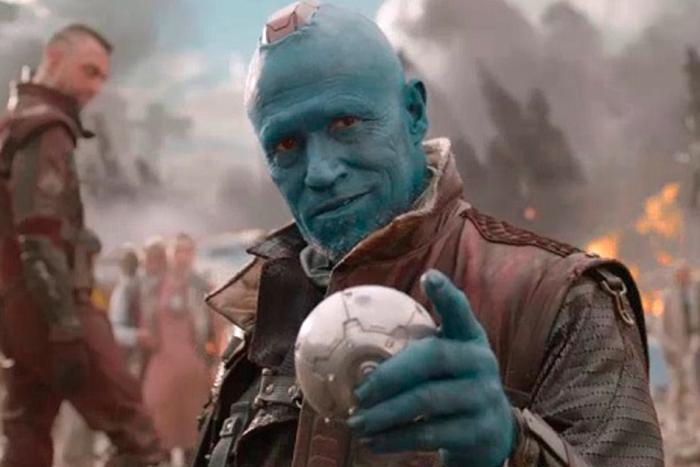Dear Zelda,
You don’t know me but I feel as if I know you, at least online. That’s not as creepy as it sounds. It’s what the Internet does best: connect us. We know that Robin Williams valued family, especially you and your brothers, more than fame or money. And we suspect that as open as he was with us about his depression and addiction, you knew there was so much more to him. We cannot begin to imagine your loss. But I do know what it feels like to lose someone you loved from the time you were born, and I can empathize, especially because you’ve been so open on social media.
In the midst of maddening grief, you’re under siege by vicious online tormentors, the so-called “RIP trolls,” who sent you—and the online community—that shocking photograph of a bruised corpse they claimed was your father, showing signs of strangulation. They accuse you of causing your father's suicide, of posting too few photos, and swarm your family's social media accounts to cause more havoc.
At first, you tried to ignore the hateful comments you received among the tidal wave of love and admiration pouring in. Finally, though, you drew the line at the ghoulish photo: “I'm shaking. I can't. Please. Twitter requires a link and I won't open it. Don't either. Please.” You called for help and the Internet responded, reporting the abusive accounts, which Twitter shut down. But you blamed yourself: “I'm sorry. I should've risen above.”
The last person who needs to apologize, dear Zelda, is you. Pretending cyberabuse doesn't hurt us—as many teens try to do—is a recipe for depression, which is one of the leading consequences of cyberbullying.
Now, you are gone, “maybe forever,” the social media accounts on which you shared your acting, creativity, and compassion for others, shuttered. This is surely the right decision for you now, and for your family, too, as the immature, the sick and the sadistic suck on your sadness to displace the pain or sickness within themselves. But I wonder whether, given time, you might consider re-opening your social media accounts. Because the Internet is too powerful a communication tool to leave to the least humane among us. As Facebook so infamously proved, emotions online are contagious.
I've researched online behaviour for quite awhile now, and I don't think cyberabuse is a reflection of how mean people really are. Instead, it's a series of red flags alerting us to psychological and social problems plaguing our society. Rather than ignore them, we ought to study them.
Conventional wisdom blames cyberabuse on anonymity and Internet lawlessness. But then why isn't everyone nasty online—or even a majority of us? Anonymity works both ways: Good Samaritans often work unidentified to help, not harm, others. I spent almost two years analyzing online abuse, and I believe, Zelda, that we need you back more than ever.
Does it help to know that you are not alone? Shattered families around the world endure similar abuse, particularly when their child’s death is related to cyberbullying. When English teenager Hannah Smith hanged herself, the tormentors told her sister to kill herself, too. Dave Smith, their father, tweeted: “What kind of a sick individual sends a cruel message to a sixteen year old who has just found her sister’s body hanging in her bedroom?”
A 25-year-old tormentor was imprisoned after posting streams of abuse on Memorial Page websites, including a fake post from a child who’d died: “Help me Mummy, it’s hot in Hell.” Parents have been sent cruel taunts: “I’m still at school Mom, you forgot to pick me up.” And dead girls and women are routinely dismissed online as “sluts” and “whores,” who “deserved” to die. Images are Photoshopped to degrade the victims and terrorize the grievers—victims with nooses around their necks, or bloodied corpses with impaled organs, or blazing car crashes.
If there is any comfort in research, it is that cyberabusers—from the nasty snipers to the relentless bullies and stalkers—are not a mean monolith, not a well-organized posse. It takes all kinds, it turns out, including the intoxicated, the immature, the mentally ill and the envious, the jobless, the uneducated, those afflicted by “everyday” sadism and psychopathy—and, ironically, the depressed. The Internet is not so much a reflection of the human race, but a magnet for its most troubled.
John Nimmo, the man who sent horrifying rape and death threats to women advocating putting Jane Austen on the ten-pound note in England turned out to be an unemployed 25-year-old recluse with mental health issues. Police nabbed a second culprit, who’d told feminist activist Caroline Criado-Perez, “I will find you and you don’t want to know what I will do when I do … kill yourself before I do.” That from Jane Sorely, just 23, a raging alcoholic who joined in the mobbing because she was “bored” and “off her head.”
Forum members, like some of the mainly boys and men who amass on 4Chan, routinely torment others (a giddy group is cheering on the Robin Williams debasers, although other 4Chan members are also condemning them). Some are looking for attention or a sense of belonging—perhaps they are being bullied themselves—and don’t have sufficient empathy yet in their developing brains. Too much time spent online is likely blocking its development.
There are people who defend RIP tormentors—not their tactics, but their right to express their disdain for grieving strangers. “One of the reasons that people anonymously attack is that they’re challenging the societal norm to perform sadness in a public arena … Why do people—especially people who do not know the deceased—feel the need to show themselves engaged in an act of mourning?” Microsoft researcher danah boyd asked me in an email exchange.
But how does sending a closeup of a strangled corpse to the deceased’s family register protest against public mourning, or “grief tourism,” as it’s called? Are you, Zelda, being blamed for using social media to reach out to shocked family, friends, and fans? Surely, we all have a right—a psychological need, actually—to express our emotions. Your father was a candid veteran of the drug and alcohol wars of celebrity, an intellectual fighting depression and oncoming Parkinson's, and a man who endured his demons to bring us entertainment. Nothing gives cyberabusers the right to censor any of our reactions to his passing.
Although there were many more victims before you, celebrity does have its power: Twitter has vowed to improve its policies in the wake of your decision to abandon it. Inviting corporations and governments in to regulate, though, can sabotage free speech, so we must proceed with care: we need a public discussion about how to handle cyberabuse, not another round of policies imposed on the Net by social media billionaires, or governments hungry to seize control of our most powerful communication tool.
So, Zelda, rest in the embrace of your family. But when you are ready, please consider rejoining social media. Your departure—preceded by so many other talented and ambitious scholars, athletes, entertainers, artists, and equality seekers—means those least equipped to spread humanity online are the only ones who remain.
With respect and empathy for your loss,
Paula






